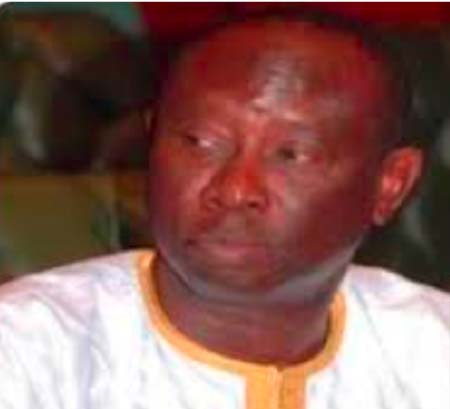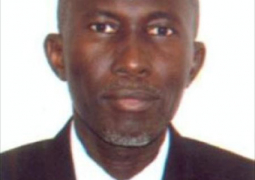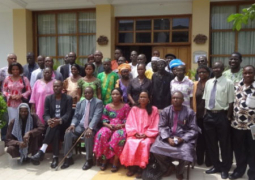
The Gambia government would continue to work to ensure the realization of improved and sustained management and development of the fisheries sector throughout the country, he said.
The minister was speaking during the opening of the recent Fisheries ministry retreat 2014, held at the Paradise Suites Hotel.
He further announced that from January 2015, the ministry in collaboration with the department of Fisheries and their development partners, would implement new projects, as well as open new regional fisheries offices, and make them responsive to the needs of fisheries operators and stakeholders.
These offices, he said, would be headed by fisheries officers and supported by technical staff.
All artisanal fishing boats in the country would be registered to further enhance fisheries management and development, and to comply with traceability requirements.
The registration of artisanal boats would greatly support fisheries stakeholders in combatting illegal, unreported and unregulated (IUU) fishing activity, he added.
It is a fisheries legislative requirement that “the director of fisheries shall keep a register of artisanal fishing boats operating in Gambian territorial waters.”
The ministry, he went on, would ensure an increase in the participation of Gambians in the fisheries sector, as well as food security through fish farming or aquaculture.
The department of Fisheries would continue to engage and collaborate with the FAO in that direction.
The department would also work with the ministries of Agriculture, Basic and Secondary Education, Youth and Sports, and the Environment to intensify farming throughout the country.
His ministry would ensure improved monitoring, control and surveillance of “our waters through strengthening collaboration and cooperation” among government institutions and agencies, communities, councils and civil society organizations through working together and enhance general sharing and flow of information on IUU fishing, in particular.
The Gambia would implement a three-year project from 2014 to 2017 for monitoring the environment and security in AFRICA MESA,to assist the fisheries sector to have better access to earth observation data and services related to the management of the coastal and marine environment and its resources, he said.
As regards artisanal fisheries, from 1994 to date the Gambia government in collaboration with its development partners, has been providing fisheries infrastructural facilities for improved fish handling, processing and distribution within the country.
In the last two decades, the artisanal fisheries sub- sector had steadily and systematically been receiving assistance from the government of Japan through the Japanese agency for international development.
International cooperation provided facilities for improved fish handling and distribution for the fishing communities of Tanji and Gunjur including the construction of the Brikama Fish Market.
Also of recent, the Gambia government, African Development Bank and the Arab Bank for Economic Development in Africa co-funded the artisanal fisheries development project, from 2003 to 2013.
The AFDP project supported the capacity development programme of the Fisheries department, and conducted training programmes in key areas of fish hygiene and simple bookkeeping for artisanal fisheries economic operators.
Read Other Articles In Article (Archive)




